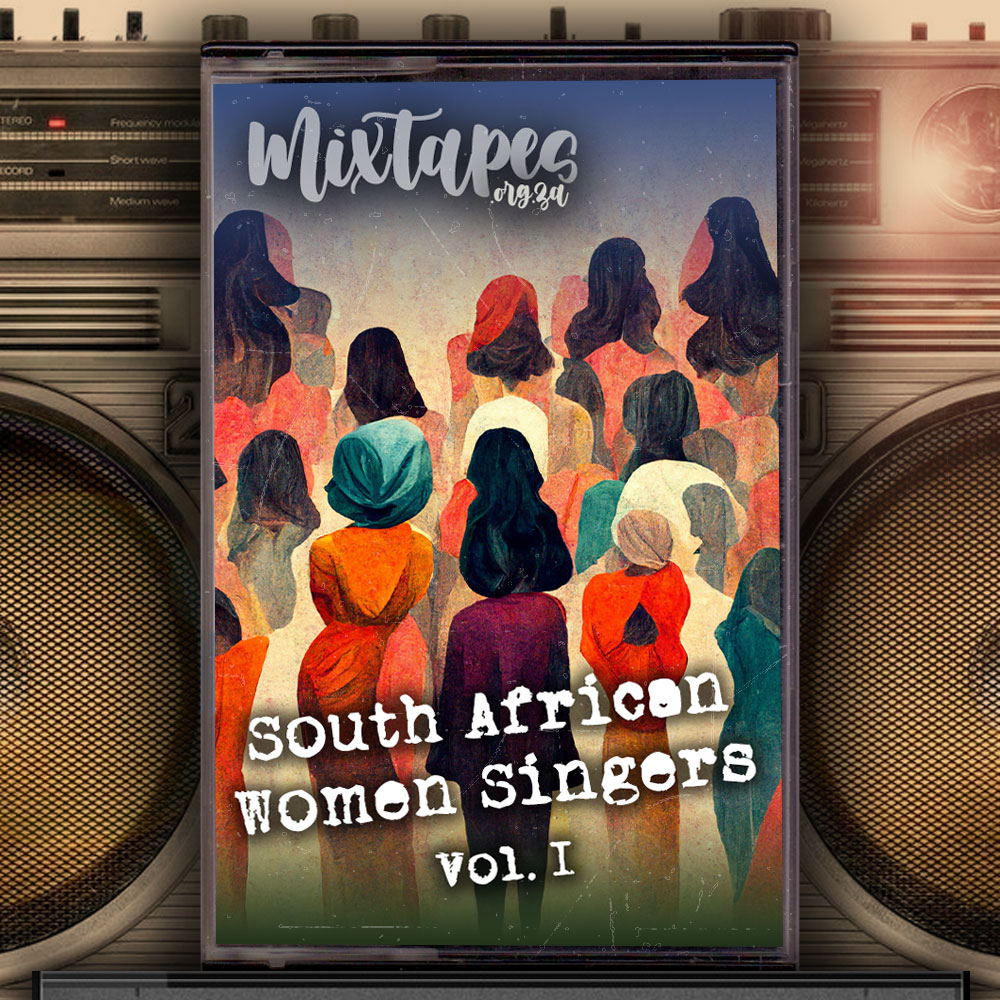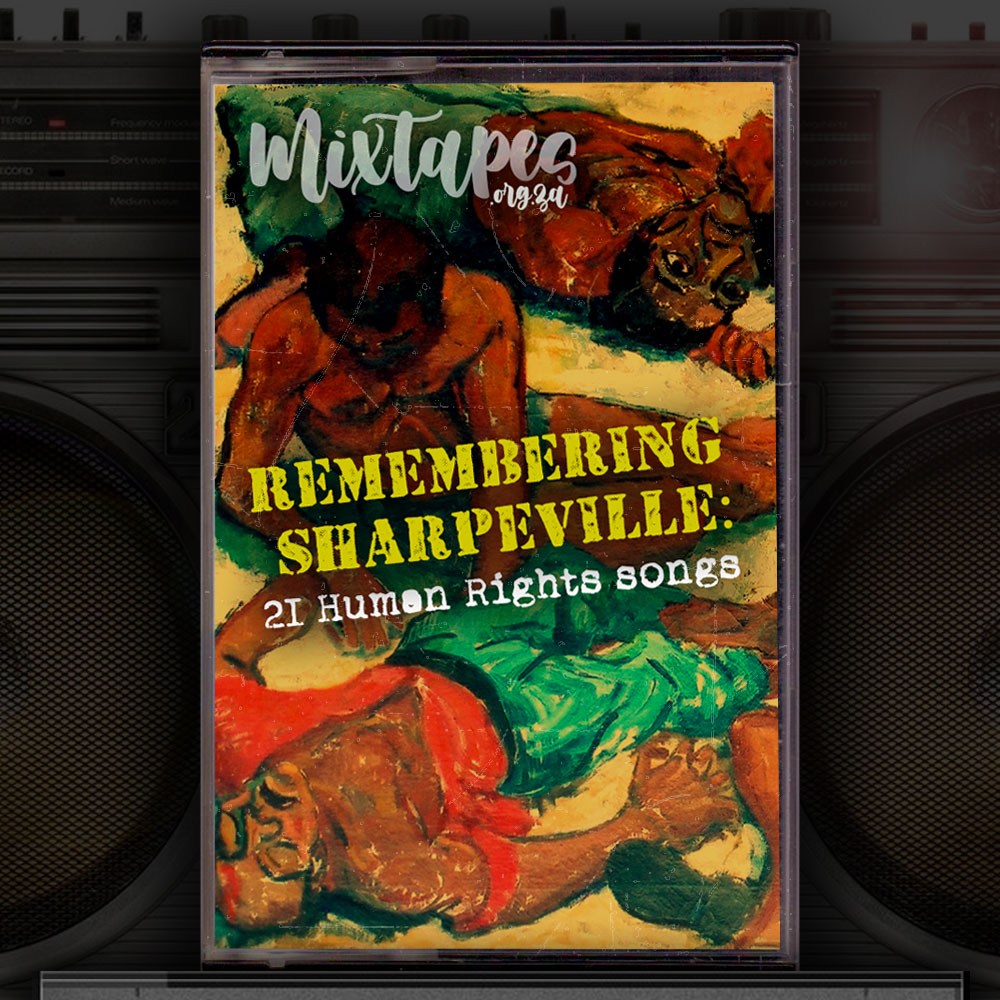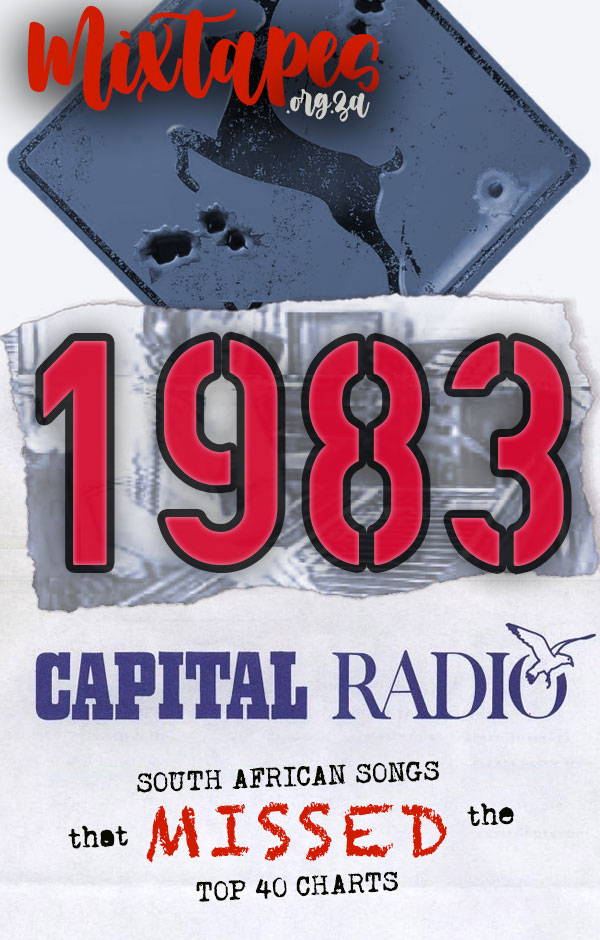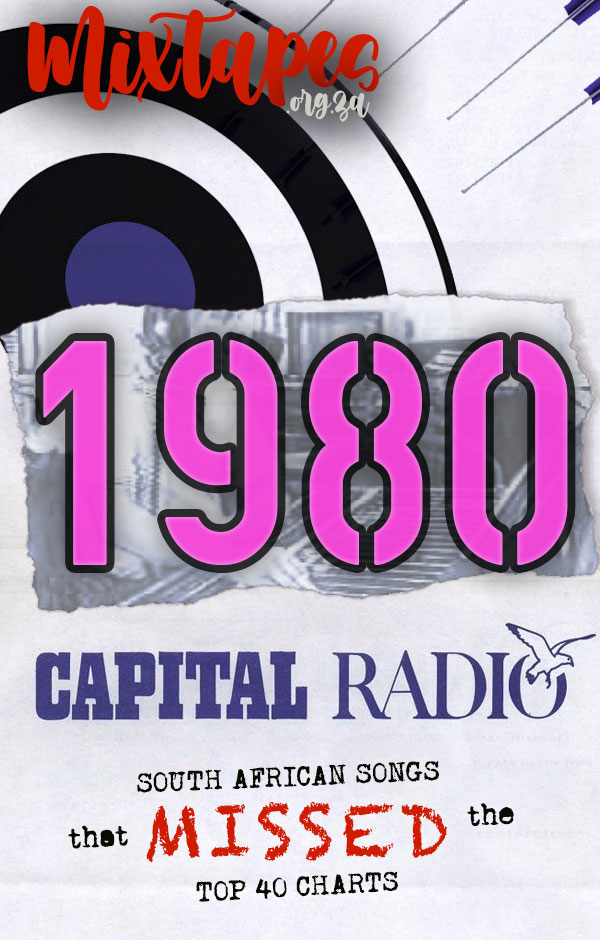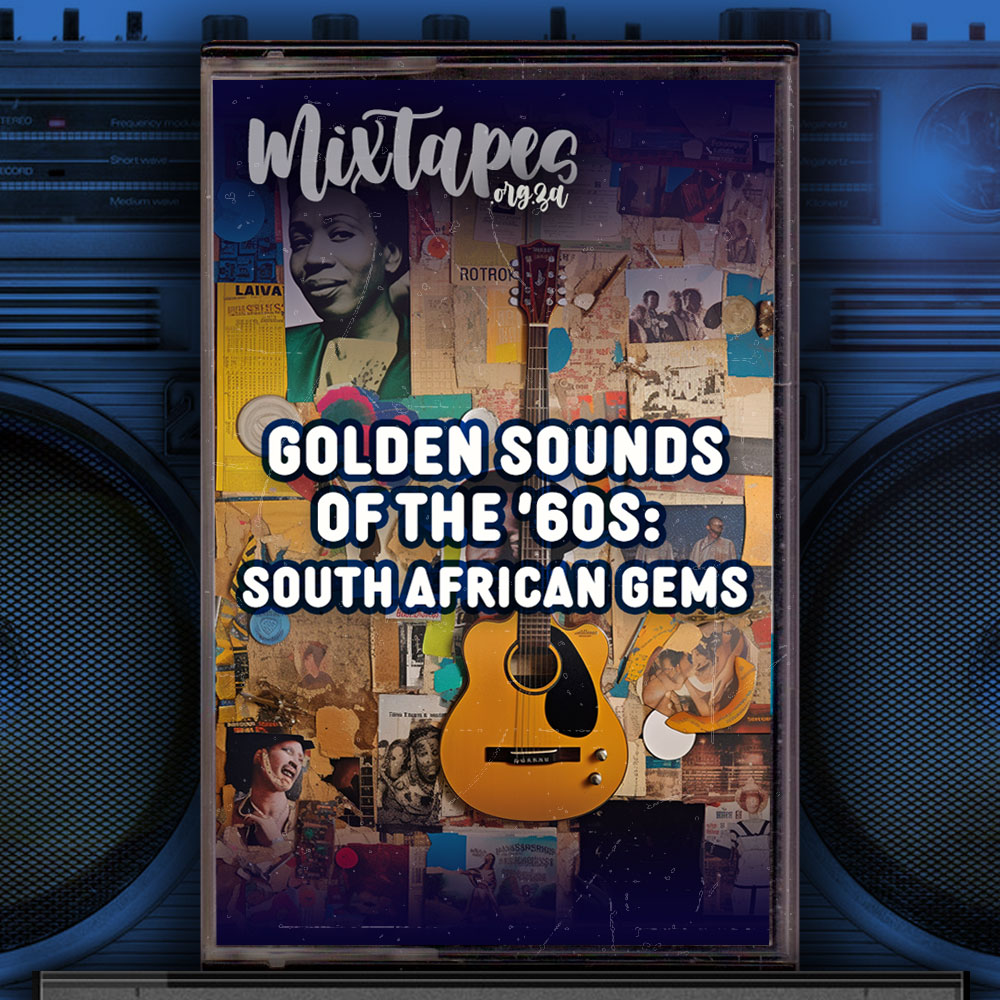
Embark on a journey through the rich and diverse musical landscape of South Africa in the 1960s with this carefully curated compilation of 12 tracks. This era saw an incredible fusion of traditional and modern musical styles, showcasing the exceptional talents of South African musicians across various genres.
- Miriam Makeba – “The Click Song (Qongqothwane)”
Affectionately known as “Mama Africa,” Miriam Makeba embodied hope and resistance against apartheid. “The Click Song (Qongqothwane)” showcases her vocal prowess, blending her native Xhosa language with an infectious Afro-pop sound that resonated with people worldwide. - Chris McGregor’s Brotherhood of Breath – “MRA”
Chris McGregor’s Brotherhood of Breath was a leading force in South African jazz, fusing African rhythms with avant-garde influences. Their lively improvisations in “MRA” pushed musical boundaries and contributed to a unique sound that remains influential today. - The Flames – “For Your Precious Love”
The Flames captivated audiences with their soulful harmonies and heartfelt renditions of popular songs. “For Your Precious Love” highlights their emotive vocals and the impact of American soul and R&B on South African musicians during this era. - Abdullah Ibrahim (Dollar Brand) – “Tintinyana”
Cape Jazz maestro Abdullah Ibrahim, formerly known as Dollar Brand, combined African rhythms with jazz piano to create a distinctive sound. “Tintinyana” exemplifies this unique fusion, which continues to inspire musicians across generations. - The A-Cads – “Down the Road”
As one of the first South African bands to embrace rock music, The A-Cads drew inspiration from British and American rock bands of the era. Their lively track “Down the Road” captures the spirit of rock ‘n’ roll in 1960s South Africa. - Spokes Mashiyane – “Banana Ba Rustenburg”
Pennywhistle virtuoso Spokes Mashiyane pioneered the playful kwela genre. His skillful playing on “Banana Ba Rustenburg” showcases the joyous spirit and danceable rhythms that define kwela music, which remains a beloved South African tradition. - The Invaders – “Shockwave”
South African surf rock band The Invaders brought the energetic sounds of the California coast to their homeland. Their instrumental track “Shockwave” highlights the band’s skillful guitar work and demonstrates the global influence of surf rock during the 1960s. - Letta Mbulu – “Hareje”
Jazz singer Letta Mbulu began her career in the 1960s, enchanting listeners with her powerful voice and fusion of African and jazz elements. “Hareje” exemplifies her emotive singing and the rich musical tapestry of South Africa during this time. - West Nkosi – “Mazuzu”
Saxophonist, composer, and producer West Nkosi played a significant role in popularizing mbaqanga and jive music. His lively saxophone playing and infectious dance rhythms in “Mazuzu” showcase the energy and excitement of South African music during the 1960s. - Winston “Mankunku” Ngozi – “Yakhal’ Inkomo”
Renowned South African saxophonist Winston “Mankunku” Ngozi left a lasting impact on the country’s jazz scene with his emotive playing and soulful compositions. “Yakhal’ Inkomo,” meaning “The Bellowing Bull,” is a beautiful and evocative piece that showcases his mastery of the saxophone. - The Bats – “Shabby Little Hut”
The Bats were a South African pop and rock band whose catchy melodies and tight harmonies captivated audiences. Their popular song “Shabby Little Hut” demonstrates the group’s ability to craft memorable tunes that remain beloved classics in South African music history. - Solomon Linda’s Original Evening Birds – “Mbube”
Though originally recorded in 1939, Solomon Linda’s iconic song “Mbube” continued to have a significant impact in the 1960s. This choral masterpiece features intricate harmonies and a call-and-response structure, providing a glimpse into the rich tradition of African choral music that inspired countless musicians in the decades to come.
This compilation of South African gems from the 1960s offers a window into a vibrant and transformative era in the country’s musical history. As you listen, you’ll experience a range of styles that blend local traditions with global influences, showcasing the innovation and resilience of South African musicians during a tumultuous period. From the soulful melodies of Miriam Makeba to the groundbreaking sounds of Chris McGregor’s Brotherhood of Breath, each track on this mixtape offers a unique perspective on the golden era of South African music. So, sit back, relax, and let these timeless classics transport you to a world of rhythmic bliss and melodic enchantment.


